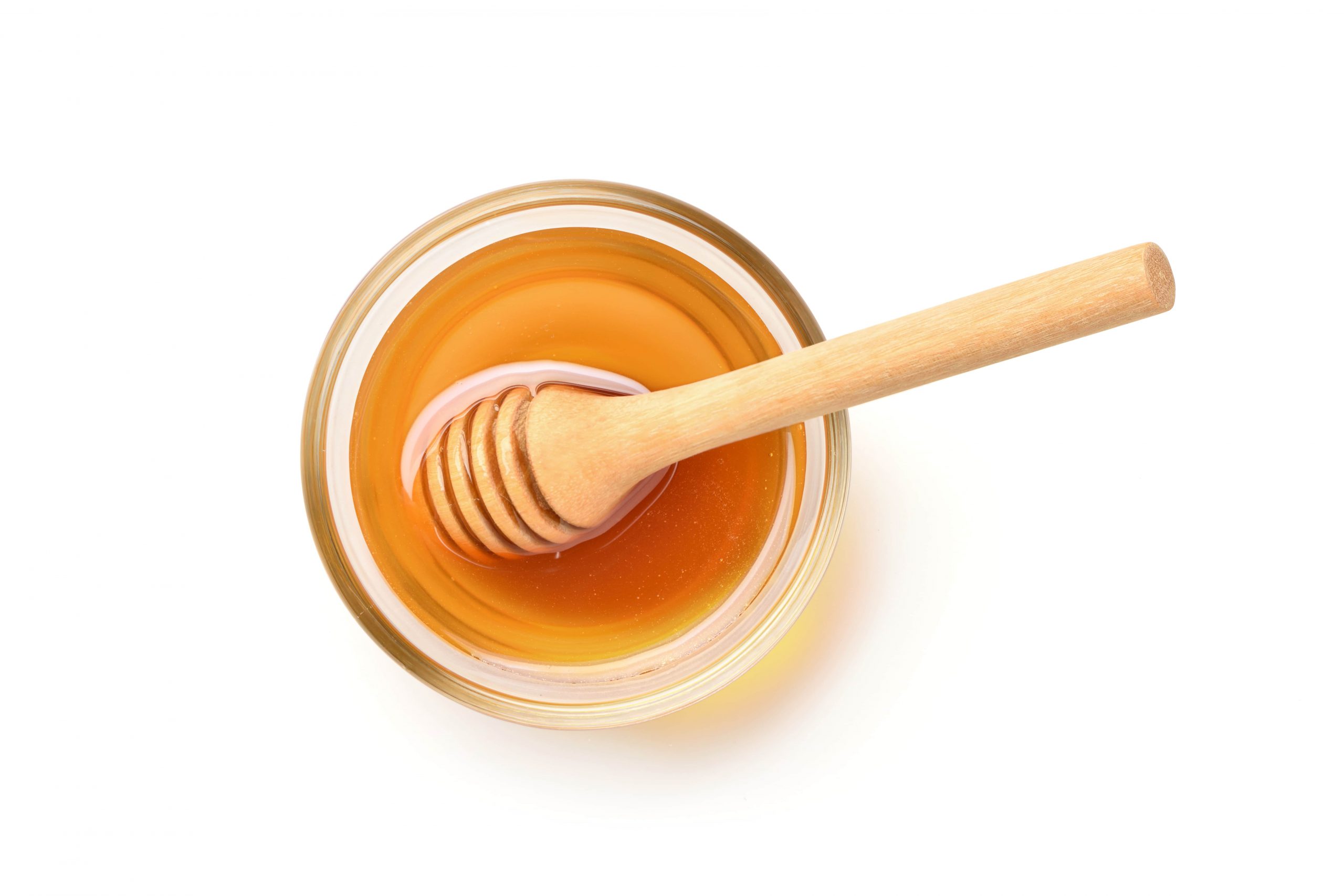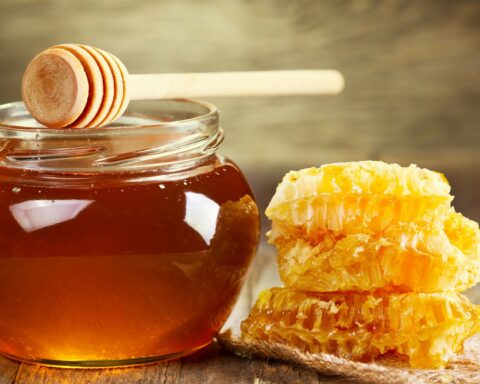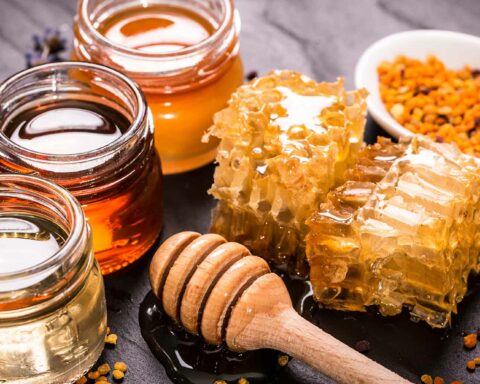With the many lifestyle diseases in the picture, you might want to reduce your sugar consumption and focus on natural sweeteners. While agave nectar and honey are both natural, you may wonder, which one is healthier?
According to the American Heart Association, sugar consumption should be limited to 36g (9 teaspoons) and 24g (6 teaspoons) for men and women, respectively. Besides, refined sugars are being discouraged, hence the major shift to natural sweeteners. Yet, when it comes to natural sweeteners, there is quite a number, including agave nectar and honey. This article helps you know the main differences and similarities between the two and which one is healthier.
How are agave nectar and honey produced?
Honey and agave nectar are two natural sweeteners, but how they are made differs. See below;
a. Agave nectar
Although agave nectar has the term ‘nectar’ in its name, it’s syrup in real life and is extracted from the blue agave plant nectar. Its production follows steps in which the blue agave fluid is extracted, the juice is filtered then heated to produce a simple sugar called fructose, which is then concentrated in the agave nectar syrup. Although the steps seem simple, complex processes are involved. Yet, as with many foods, refining processes tend to strip off useful nutrients, making them less healthy.
b. Honey
Unlike agave nectar, honey does not have to go through any refining processes. Bees collect plant nectars and use them to produce honey in their honeycomb. When harvested and still raw, honey is the most nutritious and a good health choice. However, some suppliers subject the honey to pasteurization (heating) to kill the bacteria and prevent future crystallization. Therefore, compared to agave nectar, honey is a better health choice as it doesn’t have to undergo any processing.
Calorific value
Interestingly, agave nectar and honey have the same amounts of calories. For instance, if you take a tablespoon of any of these natural sweeteners, you will be reaping a whopping 64 calories. What’s more, they are sweeter than sugar, and you would have to use only a little and get the desired sweetness for your drink. However, as you use them, keep in mind that you add the calories to your dish, yet there is little to no nutritional value.
Glycemic Index (GI)
You might have realized that diabetics talk and inquire so much about the glycemic indexes of foods before they can eat them. This is important to them if they mean to remain healthy. The GI value of a food denotes how fast it can cause insulin and sugar spikes once eaten. The higher the GI value, the more dangerous the food is to diabetics. Even for prediabetics, GI values of foods should be critical since rising and falling insulin and sugar levels ultimately lead to diabetes types. Agave nectar, honey, and refined white sugar have GI values of 19, 58, and 60, respectively. From the breakdown, agave nectar seems to be the best choice. However, the American Heart Association still discourages its consumption because of other health concerns.
Agave nectar and honey: sugar components
Although they are sweeteners themselves, each has sub-sugars making it up. For instance, honey comprises 40% fructose and 30% glucose, while the rest comprises other sugars, including kojibiose, maltulose, maltose, turanose, and isomaltose. On the other hand, Agave nectar consists of 75-90% fructose, hence the many health concerns surrounding it. Although fructose is a simple sugar like glucose, it’s more predicamental to life. For instance, it is closely linked to cognitive decline, fatty liver, heart disease, increased triglyceride levels, diabetes, and obesity. These problems occur since the liver breaks down fructose, and it turns too much of this sugar into triglycerides, which are closely linked to heart disease. Furthermore, studies have shown that fructose can cause great weight gain since they are often converted to fats and form belly fat weight. Thus, honey takes the cake compared to agave nectar.
Other potential health benefits of honey
Honey is sweet and natural but also has many health benefits. For instance, locally produced honey has long been used to remedy seasonal allergies. Many parents today and in the past would use honey to help their children get a break from cough, although the same effect would not be felt in adults. In addition, this brown fluid has antioxidant, anti-inflammatory, anti-bacterial, anti-fungal, and anti-viral properties, hence used to heal wounds even in hospitals. The phytochemicals in honey make them ideal for fighting free radicals, which accumulate to create oxidative stress, a condition linked to many chronic illnesses, including diabetes and heart disease. If you can source browner honey, you will benefit from more antioxidants since the deepness of the brown color indicates more antioxidant constitution. Despite these potential benefits, infants need not take honey to prevent the risk of botulism. Agave nectar does not have any health benefits apart from the sweetness; hence the cake goes to honey again.
Honey can boost your immune system
The immune system is the body’s defense system, and we’d do anything and everything within reach to fortify it. Honey is one dietary component that can boost immunity. As the bees collect nectar, they carry phytochemicals with them which form antioxidant-like compounds in the honey. Therefore, the locally produced honey that has not undergone processing or pasteurization would typically boost the immune system. Although pasteurization primarily kills bacteria, it also clears some phytochemicals. Hence, to boost your defense system, include a tablespoon of local honey in your diet.
Conclusion
From the above discussion, honey takes the cake because it has additional health benefits, is low in fructose, high in antioxidants, and does not have to undergo processing that strips of nutrients. On the other hand, agave nectar may seem good because of the low glycemic index (19), but’s is high in fructose, linking it closely to obesity, fatty liver, diabetes, and high triglycerides. All the same, they are all added sugars and must be used sparingly, especially because they add calories with little to no nutritional value to the body.
- Chickpeas vs. Garbanzo Beans: What’s the Difference? - April 19, 2024
- How to Manage or Improve Anxiety - September 21, 2023
- The birth of a company - July 29, 2023









